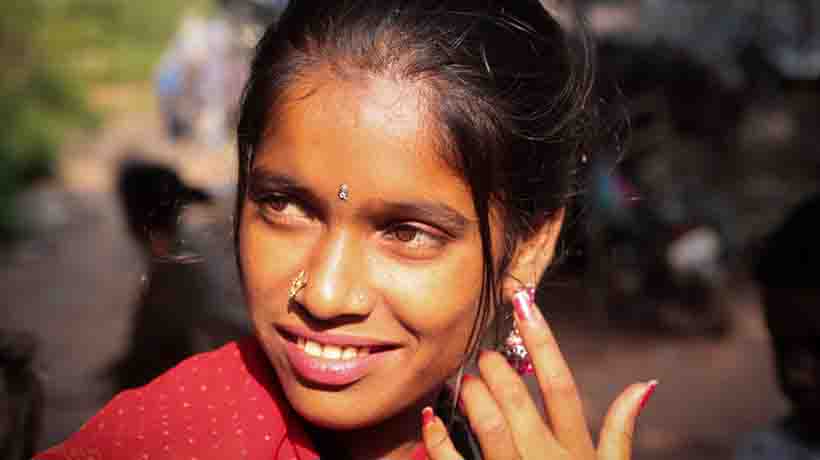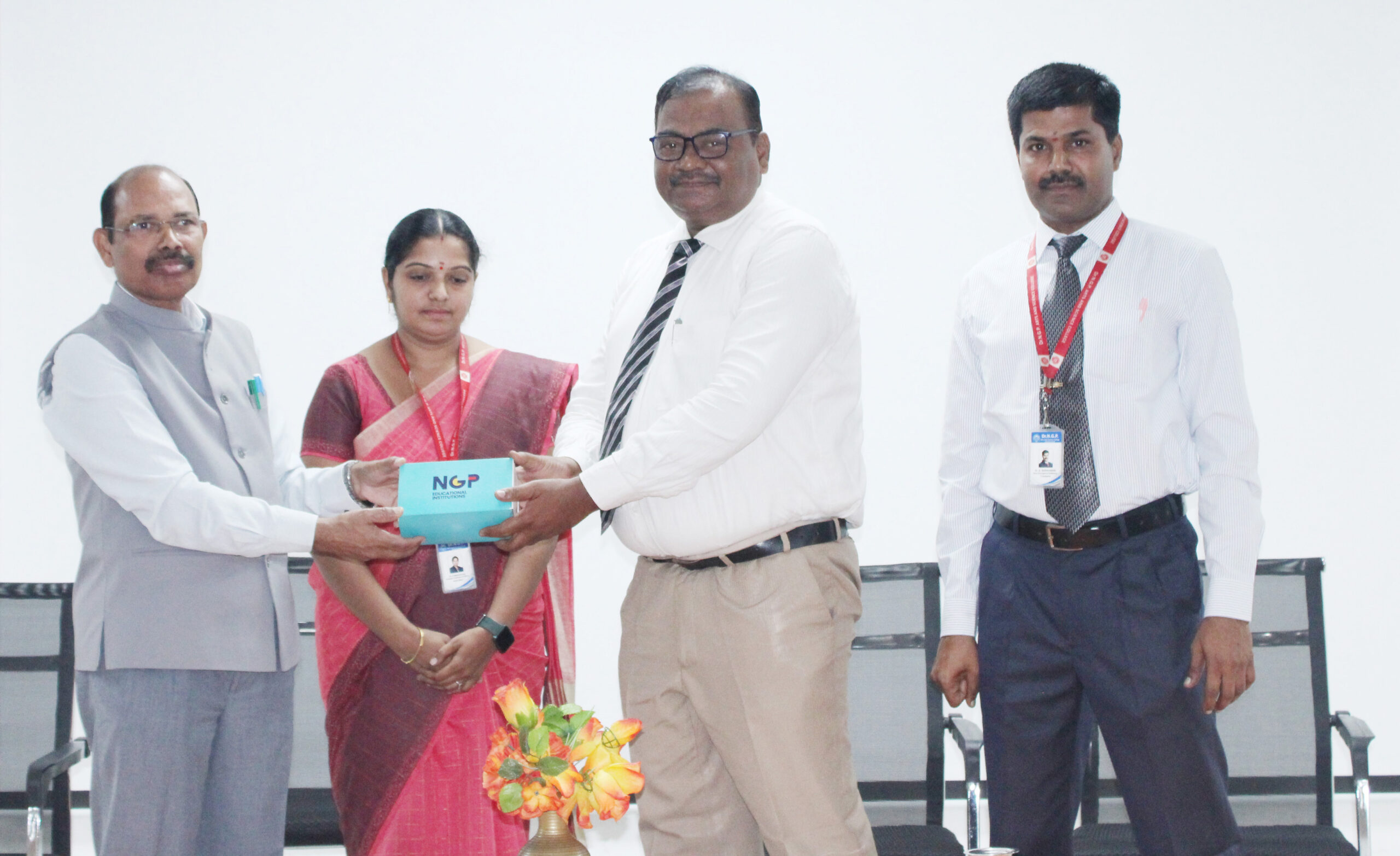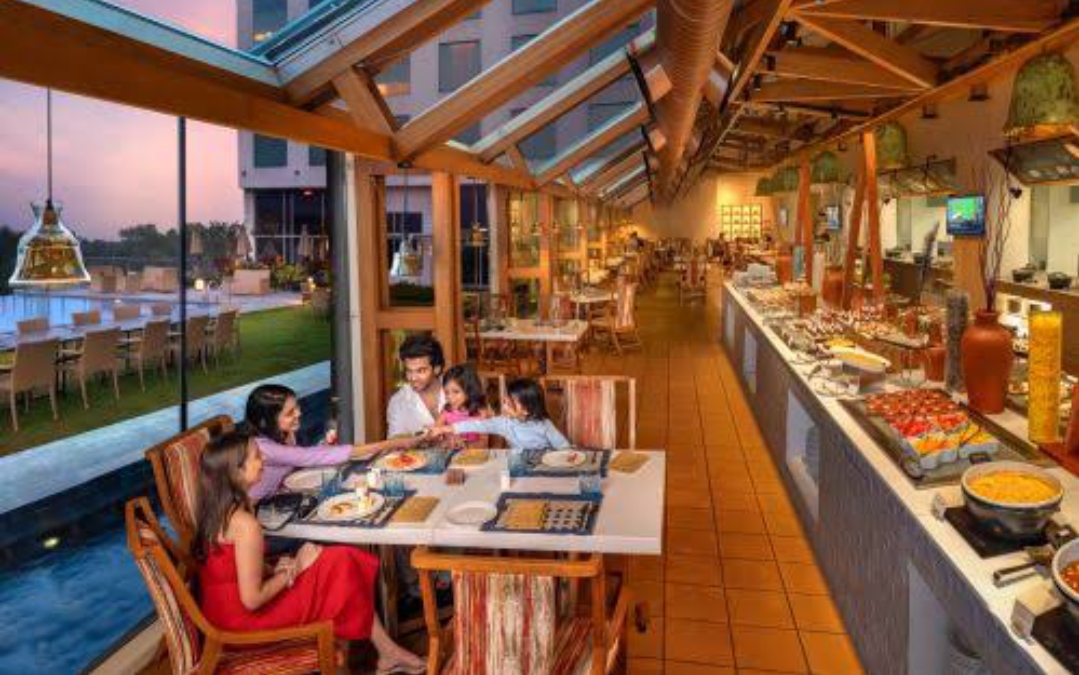Trending Now
- IPL 2024 begins with a bang. First contest between CSK and RCB.
- Election commission allots mike symbol to Naam Thamizhar Katchi
- AIADMK promises to urge for AIIMS in Coimbatore, in its election manifesto.
- Ponmudi becomes higher education minister.
Coimbatore
“Remain dirty, unsexy”, Narikurava elders tell girls to keep off perverts
![]() March 27, 2018
March 27, 2018
Image credit : Marian Boubou
Often the object of desire of the roving eyes around them, the Narikurava girls are a harassed lot because of. their shapely body structures and stunningly sharp features. Which is why, the elders prevent the girls from looking pretty and ensure they don’t take bath for many days and wear shabby clothes to hide their beauty.
Coimbatore: Can you believe that many of these pretty young girls with a dark skin tone, are dressed up by their parents and elders to hide their beauty? The elders ask the girls from the Narikurava community, the indigenous gypsy tribe and positioned at the lowest rung of the oppressive caste system prevalent in Tamil Nadu, to try hard and look at their “ugliest” by shunning bathing for days together and wearing shabby clothes.Brushing their hair that might add shine to their overall look is a strict no, no as the Narikurava elders feel that beauty of their girl children was their biggest enemy. With lean and shapely bodies, the girls from the community are often the targets of sexual harassment at public places, also due to their extreme poverty.
The hunting tribe from the jungles of Tamil Nadu was robbed of its main livelihood when the government banned hunting, decades ago. Since then, these people from the tribe had to take up alternate livelihood – selling newspapers at traffic signals, making and selling beads and bangles that the city girls are fond of.But the girls from Narikurava community are barred, by elders, from wearing the beads themselves, lest they enhance their attractiveness. For that matter using cosmetics is frowned upon. Which is why, often these girls you find at many places in the cities and living in temporary tents outside the cities, are smelly and unkempt in a bid to repulse the roving eyes around them.
M. Swetha, a Narukurava young woman, told Covai Post that “our elders tell us not to take bath and advise us to wear shabby clothing.” She cited many instances of the girls from the community being harassed and targeted by people because the girls look attractive and many find them “hot” as well.Then there is discrimination that is blatant, Shweta said, because of their poverty and status.Human rights activist, Madras High Court advocate, Sudha Ramalingam said “it is pathetic that tribal or nomadic people are being taken advantage of because they are helpless.
People who commit these sexual harassments against them feel they can easily escape law”. It is painful to know that there is no concern for the poor, hapless. She pointed out there should be some exposure given through the media which will give them the confidence to come and lodge a complaint and make sure they are safe and secure.Women Activist Vijaylaxmi Devarajan, however, found not much evidence of harassment of girls from Narikurava community, but said “I strongly condemn it if it is happening as people working with them so suggest.”
Vijaylaxmi also works as a director of an IT company and also for women empowerment through the Ministry of Women and child Development.Speaking on behalf of Narikuravas, N. Pannerselvam of Samugam Needhi Katchi said, “these people have not even been given the right to earn a degree, the government spends lots of money for constructing shopping complexes for the rich but does nothing to help these people”. Only now, the Narikuravas are getting support of some people and are getting organised. A group of Narikuravas sat on a protest at Taluka office in Coimbatore and have plans to stage similar demonstrations in Chennai and Delhi to seek recognition under the Scheduled Tribe category.
Previous generation of Narikuravas were uneducated and lived in jungles and often travelled from one place to another as vagabonds. But over the years, even Narikuravas began getting education in government schools.Shweta’s father is semi-literate with some schooling. Which is why, Shweta and her generation received some of the benefits of the government programmes as their parents could read a little.But in the society, there is tremendous discrimination, Shweta lamented.Which is why, she set up a residency school only for the children from the Narikurava community. Her husband supports the school she is running to give education for the community children as she said it was the only way to empower selves.
Arun, another person hailing from the same community, recalled the harassment he had faced in school. “At school, I was always mocked by classmates and even teachers, who made fun of my poverty,” he said. “I was initially rejected admission but worked hard to overcome all obstacles and and studied in the school and eventually completed graduation too,” Arun said adding that he wished the government granted ethnic status recognition to Narikuravas that will give them additional benefits.























